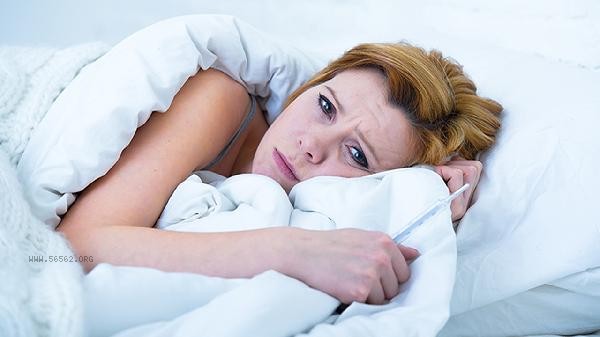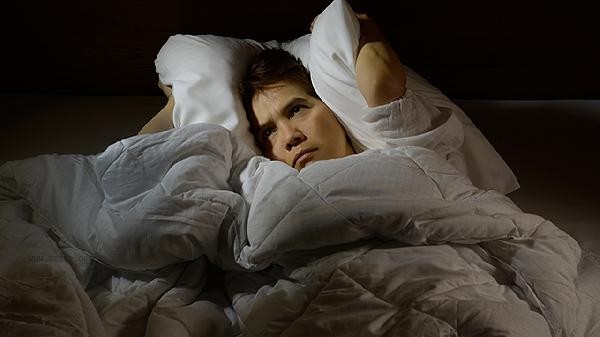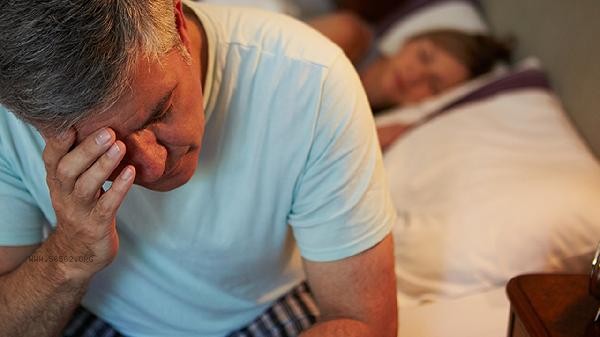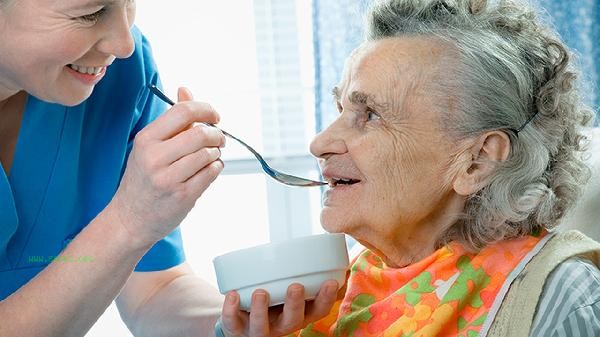Excessive excitement can indeed lead to insomnia. Because psychological or physiological excitement can inhibit the body's process of relaxation and sleep, while disrupting the body's circadian rhythm. It should be resolved by adjusting emotions, cultivating healthy sleep habits, and seeking medical help if necessary.

1. Causes of insomnia
The reasons for insomnia caused by excessive excitement are mainly divided into psychological and physiological aspects.
Psychological factors: When experiencing happy or stressful events, or when facing important activities such as exams or interviews, the brain becomes overly active and focused on certain emotions or worries, leading to difficulty falling asleep.
Physiological factors: Excessive release of "stress hormones" such as adrenaline and cortisol in the body, leading to increased heart rate, elevated blood pressure, and difficulty in initiating sleep. Meanwhile, prolonged use of mobile phones, games, or coffee as a stimulant may also keep the nervous system in a state of sustained excitement.
2 Methods for Relieving and Preventing Overexcitement Insomnia
The following methods can help reduce excitement and promote sleep:
Psychological relaxation: Before going to bed, you can try relaxation training such as meditation and deep abdominal breathing to help calm your mood and avoid excessive mental activity before bedtime. You can also read some relaxing books or listen to soothing music.

Adjust behavioral habits: Avoid vigorous exercise or engaging in overly stimulating activities two hours before bedtime. For example, avoid watching thrilling movies and reduce the amount of time spent on your phone before bedtime.
Improve diet: Try to avoid taking coffee, strong tea or food with a lot of sugar in the evening. You can choose to drink a cup of warm milk or eat food that helps you sleep, such as walnuts, millet Congee, etc.
3 Medical Interventions
If long-term insomnia cannot be improved after adjusting lifestyle habits, medical treatment of sleep disorders may be considered.
Taking sleep aids such as melatonin can help improve sleep in the short term, but it is important to strictly follow medical advice and avoid long-term dependence.
Cognitive Behavioral Therapy (CBT): Through therapist guided psychological training, adjust psychological cognition and habitual responses to sleep, and improve the ability to fall asleep.
Mental stress management: If severe stress loss leads to insomnia, anxiety symptoms can be controlled through medication or psychological therapy to help regulate sleep. Excessive excitement can indeed cause insomnia, and the key is to detect and handle it in a timely manner. By adjusting emotions on a daily basis, establishing a healthy sleep routine, and seeking ways to effectively improve sleep quality and enhance mental health when necessary.






Comments (0)
Leave a Comment
No comments yet
Be the first to share your thoughts!